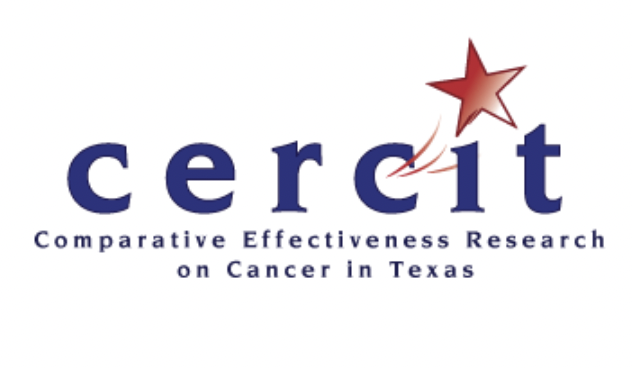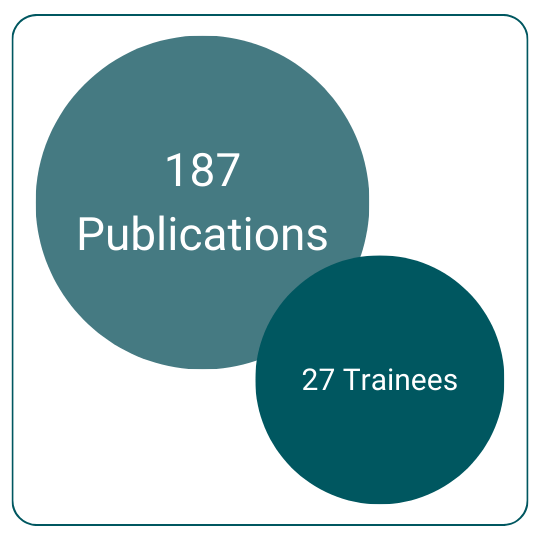Welcome to DMACData Management and Analysis Core for Comparative Effectiveness Research on Cancer in Texas
Building data infrastructure, providing training through workshops and lectures as well as pilot awards that support salaries and mentoring. Accelerating research along the entire cancer care continuum, from screening, diagnosis, and treatment to post-treatment surveillance, and survivorship.
This project is funded by CPRIT: https://www.cprit.state.tx.us/grants-funded/grants/rp210130
Contact Us
Anirudh Babu, Statistical Assistant
Phone: (409) 266-0194
Fax:
(409) 772-5272
Email: asbabu@utmb.edu
Mailing address:
UHC Building 4.530
301 University Blvd.
Galveston, Texas 77555-1150










